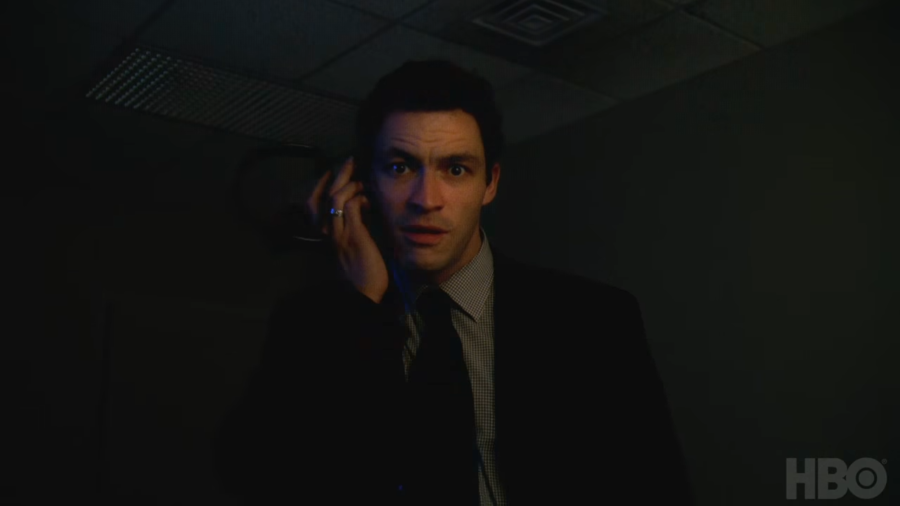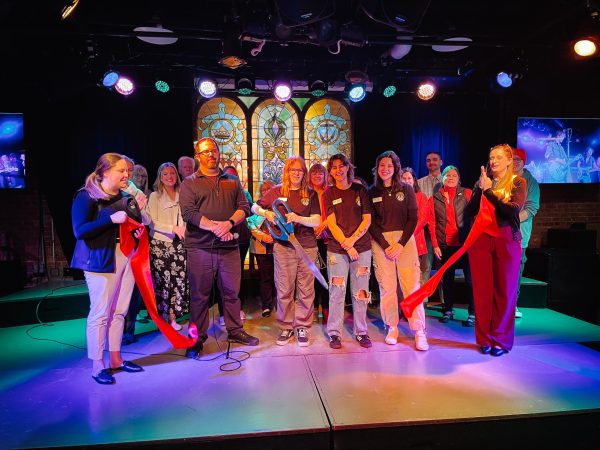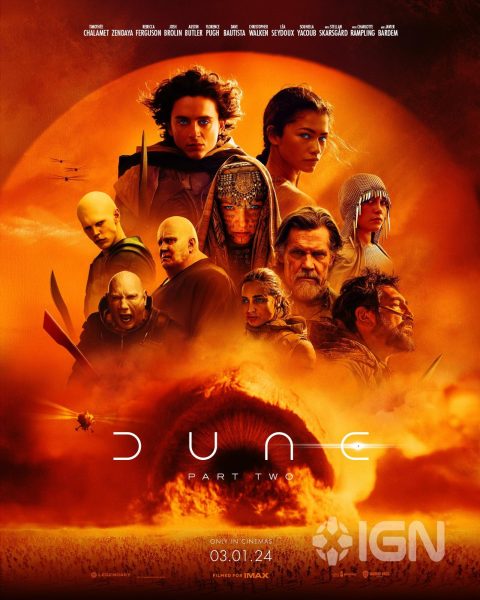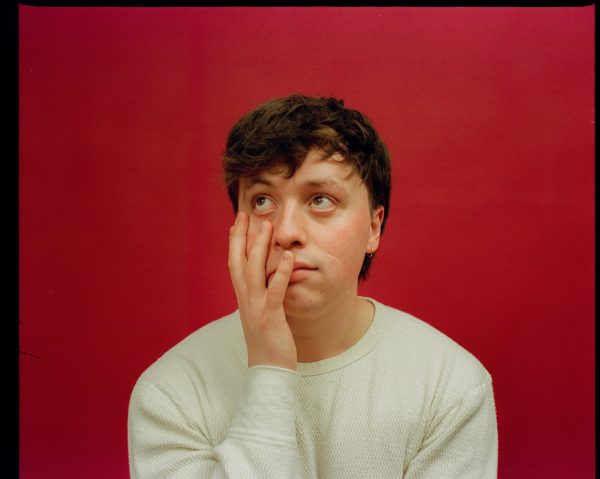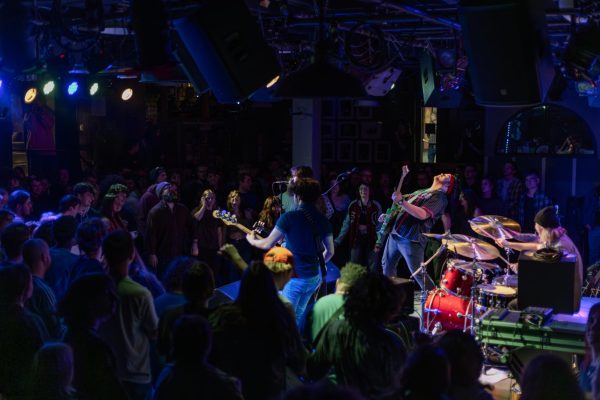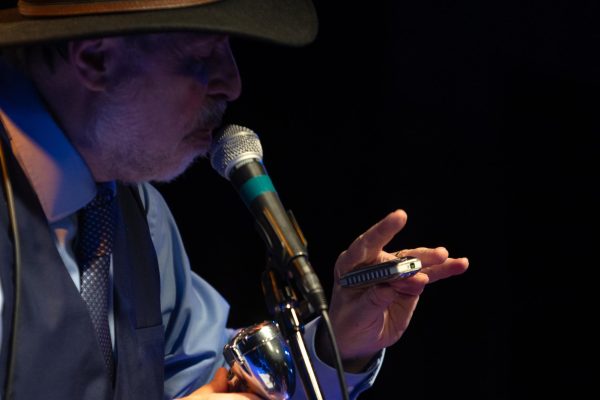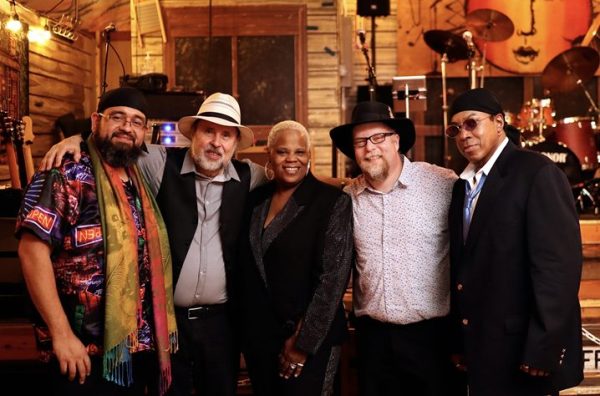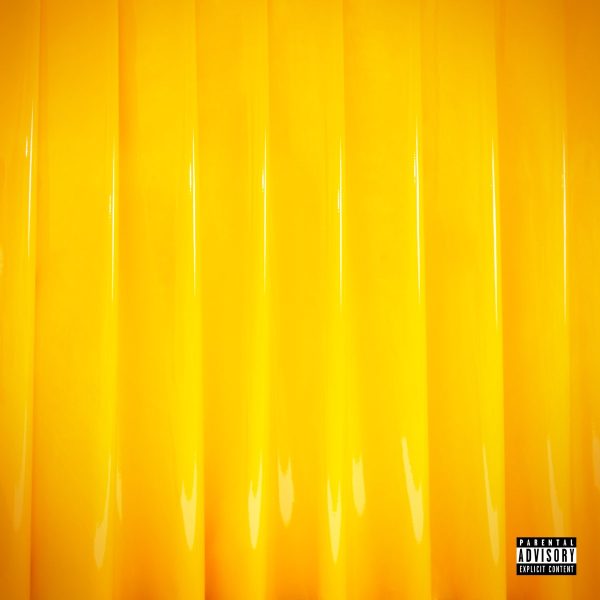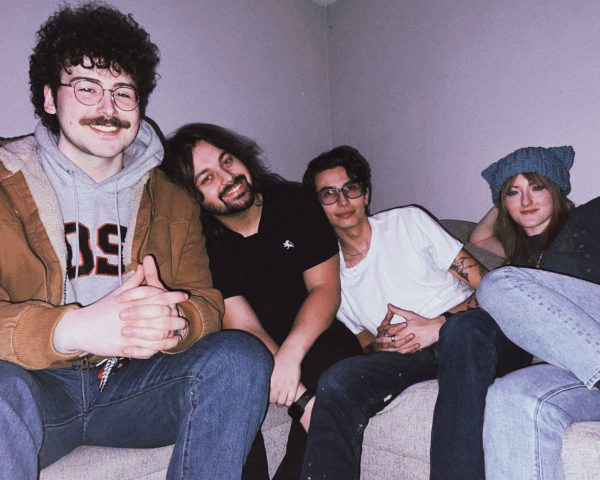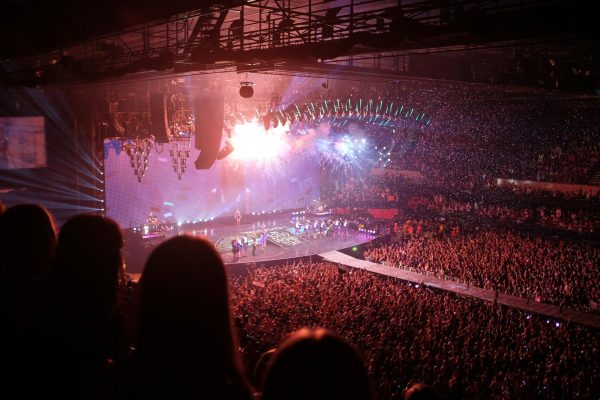Babcock: Crime shows can still work in 2020, but most don’t
July 21, 2020
As more understand the reality of systemic racism and police state in the wake of global protests sparked by the police killing of another unarmed Black man George Floyd, entertainment depicting “good guys” versus “bad guys” within the criminal justice system is becoming increasingly viewed as disingenuous by a wider audience.
The extent of cancellations reached the kids show “Paw Patrol” as well as long-time reality-based shows “Cops” and “Live PD,” which were dubbed as “PR machines for law enforcement” by American civil rights leader Rashad Robinson.
In the face of the recent surge in anti-racist movements, Robinson asked, “How do you leverage this newfound attention, energy to actually force the vehicles that shape our narratives to actually take what they now know and make different choices about the content that they put out?”
Cops shows most likely aren’t going to vanish anytime soon. Crime shows dominate ratings when it comes to scripted series on primetime broadcasts.
A show revolving around criminal justice professionals can still be effective in 2020 with the proper themes and representation but, according to research, existing shows completely miss the mark.
Color of Change, a nonprofit civil rights advocacy organization, released a report this year analyzing 353 episodes across 26 scripted crime shows premiering in 2017 to 2018 including “NCIS,” “Brooklyn Nine-Nine,” “Chicago PD” and “Law & Order: Special Victims Unit.” The report also analyzed over 1,900 different characters coupled with 5,400 different variables such as race, gender, framing and interactions.
One of the key findings in the report found in 18 of 26 shows, criminal justice professionals committed more wrongful acts than characters depicted as “bad guys.” Among the 18 shows, characters depicted as “good guys” committed wrongful acts 8-1 as opposed to “bad guys.” The wrongful acts were categorized as: coercion, intimidation, violence, abuse, lying, tampering, corruption, rule violations, illegal search and overt racism. The report also found 64 percent of wrongful actions were carried out by people of color or women.
According to the report, this contributes to misleading the public when framing wrongful police acts as inherently good when carried out by a “good guy.”
The report also notes the absence of wrongful actions motivated by racial bias and common racial issues inside the criminal justice system.
“Consistently, the series depicted the standard, day-to-day practices of criminal procedure (and their outcomes) as race neutral, when in reality they are not,” the report states.
Throughout all 353 analyzed episodes across 26 shows, a total of six conversations took place regarding criminal justice reform.
“Brooklyn Nine-Nine” will attempt to lead the charge on more honest portrayals of the criminal justice system and police procedures, as star Andy Samberg said production on the show has slowed as they attempt to adjust to a new modern context.
This month, HBO Max announced a new crime-based drama series focusing on the Gotham City Police Department within Matt Reeves’ “Batman” universe. While HBO said the show, “will build upon the motion picture’s examination of the anatomy of corruption in Gotham City,” this decision came at a seemingly poor time amid increasing scrutiny toward police shows.
The announcement of the series sparked online discourse over whether audiences will be willing to stomach a show potentially portraying the police as “good guys,” especially as a steady stream of documented instances of police brutality continue to line our social media feeds.
However, set in a familiar fictional setting such as Gotham and coupled with a focus on corruption, the show has a promising chance of being an interesting look at the theme of justice commonly explored across “Batman” media. It’s too early to tell whether the series will “get it right,” but given mounting cultural pressure, I anticipate witnessing the outcome.
The entire dilemma made me think of “The Wire,” which from my view has been scarcely mentioned in the widespread “Copaganda” debate, but is an example of an effective show depicting the criminal justice system.
Created and written by David Simon, a crime reporter for 15 years at The Baltimore Sun, “The Wire” focuses on the city of Baltimore, Maryland’s various institutions and how they coexist with law enforcement. Each season of the show introduces a new institution of the city, with the first season centered around the drug war.
Premiering in 2002, season one could almost be viewed as its own definitive miniseries and is a masterwork of its own. Encompassing the homicide and narcotics divisions of the police department with the same focus on the perspective of the criminal organization they’re investigating, witnessing both perspectives play out in real time brings suspense while also taking time to explore the separate worlds. The inefficiency and incompetence from the police department is immediately showcased by the behavior and decision-making from the police characters. Characters within the criminal family under investigation are depicted as extremely well-organized and are often prepared to outsmart the police.
Even the initially neutral good character of Jimmy McNulty, who is hated by everyone in the department for pushing what he considers to be, “real police work,” eventually displays a violent side toward defenseless detainees. Main characters of the show, which are police officers in the narcotics and homicide divisions, routinely commit acts of brutality. While I believe “The Wire” is an important show, I wouldn’t recommend it to anyone who doesn’t want to view this kind of violence routinely. As the show develops, despicable actions can become normalized or generate a feeling of numbness, eerily reminiscent of the present.
Watching the show’s events unfold and as more details behind the operations behind the police department are revealed, it’s hard not to think about police reform, what changes could be made to better the criminal justice system and how the system disproportionately targets people of color.
Actor from the show Wendell Pierce responded to criticism of the “The Wire,” which claimed the audience isn’t supposed to feel any less about the police characters who commit acts of brutality.
Pierce tweeted, “How can anyone watch ‘The Wire’ and the dysfunction of the police & the war on drugs and say that we were depicted as heroic. We demonstrated moral ambiguities and the pathology that leads to the abuses. Maybe you were reacting to how good people can be corrupted to do bad things.”
He continued to argue that “The Wire” depicted the honest reality of Black lives amid the war on drugs, exposing deliberate systemic racism within the criminal justice system.
“The critique here is that television seems to follow behind the current events of the day,” Pierce said. “I would ask that you consider that maybe ‘The Wire’ was a precursor to the discussion that is mandatory now. It was an indicator, a warning light, of the implosion we are feeling today.”
“The Wire” challenges the traditional framing of criminal justice professionals versus criminals in TV and film. It’s understandable why some who are conditioned to the traditional framing of “good guys” versus “bad guys” in crime shows would view “The Wire” and be confused by the actions of characters traditionally portrayed as “the good guys.”
The viewer is supposed to feel less about the characters operating within the criminal justice system when they commit wrongdoings. As Pierce stated, “‘The Wire’ is a deep dive study of the contributing variables that feed the violence in our culture: in the streets and at the hand of police. Classism, racism, destruction of public education, and moral ambiguity in our leadership all feed this paradigm of American decline.”
In a show aiming to be an honest depiction of the criminal justice system, would you really expect to have many unproblematic characters?

